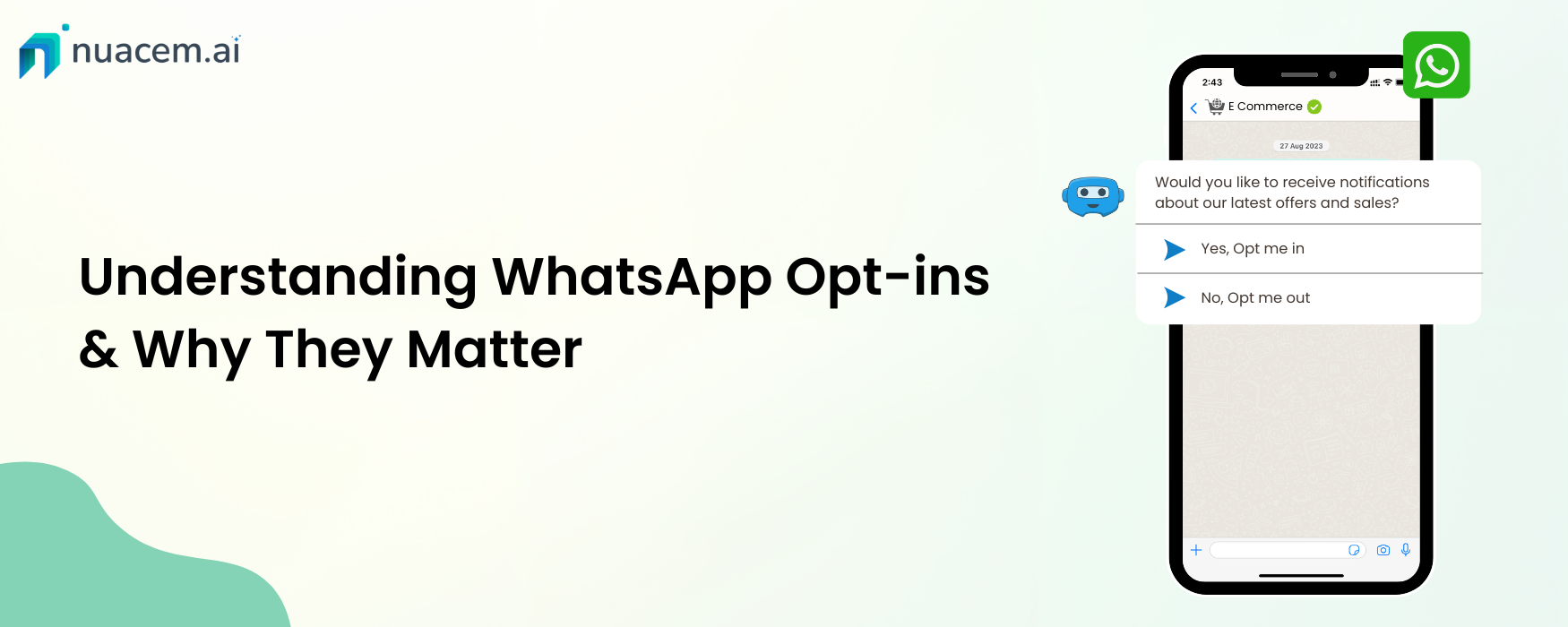As the internet is a global phenomenon and your current and potential customers are spread virtually the entire globe, localization is an important factor to consider. If you localize your website in a better way, you have more chances for reaching out to a wide range of people in a way they prefer and appreciate.
Highlights:
- What is localization and voice assistant?
- How would a multilingual voice assistant help?
- Future Scope of Multilingual voice assistants
- Conclusion
Also, not only in geography, users differ in the problems they face, needs they have and a lot of other ways. A Voice assistant is a convenient way for users to interact with and get all their problems solved. With advancements in technology, particularly in Speech recognition ai, multilingual voice assistants are being developed which have the power to personally engage a wide range of people in their own language through speech! They are capable of accurate Multilingual speech recognition and with the combined power of big data analytics, text to speech and machine learning, they can give personalized and to the point solutions.
In this article, let us discuss all the major things about the multilingual voice assistants and the multilingual voice AI platform and how they can be the future of conversational customer engagement. If you are new to the terms or just need a refreshment, let us start at the beginning and explain what having multilingual aspects, more correctly the localization really means and what voice assistants are:
What is localization and voice assistant?
Many people mistakenly think that localization is just translation to a different language. But actually, localization is the process of adapting certain content to the language and other standards of a country or a specific region. According to internetworldstats, only 25.9% of the whole users of the Web are native speakers of English. People as upto 2.7 billion are from generally non English speaking countries who would love to see content in their native language.
Speaking about Voice Assistant, you may already know Google Assistant, Apple Siri or Amazon Alexa. They are all voice assistants and their job is to help us through different activities and the primary mode of interaction is voice. User interacts using voice and also the system gives output using voice. In this world where technology is becoming less and less tangible, Voice assistants have that sense of tangibility that many people like.
Usually, all voice assistants would have a certain wake word which initiates their operation. Many major voice assistants, like Alexa, Google Assistant, Siri are multilingual.
Now that you know about localization and voice assistants, let us now discuss how multilingual voice assistants would help for a better customer engagement and your business.
How would a multilingual voice assistant help?
Multilingual voice assistants combine to take the core strength of Voice assistants and improve it exponentially through localization.. So, in order to understand the true power and advantages of multilingual voice assistants, you need to understand the benefits of both having an Conversational Voice AI and localization.
Helps in greater accessibility and reach
This is an obvious one. Setting up your voice assistant for Automated speech recognition of multiple languages makes sure that people who might not know English or your primary working language are able to access your services. The “lack” of knowledge of English does not necessarily mean that your customer might not know English at all.
Consider groceries for example, even though many can talk English in various levels, they might not know the exact terms for their preferred groceries.
Better Customer Acquisition
Not all users become your customers at the first incident on your site. If you deploy a multilingual voice assistant on your site, then, people at different levels of the sales funnel have a better chance of conversion as the multilingual Conversational Voice AI Platform would largely increase the UX. Also, with this, you can enter new markets with a lot of ease compared to not having a multilingual Voice AI Platform.
Increases Brand Loyalty
Customers usually stick and stay loyal to the brands who give importance to them and provide great user experience. By localizing your content to your customers’ language and general tastes, you would intuitively communicate that you respect and highly value their language and also as user experience would be great, there would surely increase brand loyalty.
Gives you a competitive edge over your competitors
It would be a certainly rare situation where you do not have competitors in any given field and space. By having a multilingual Voice Interface, you would certainly be a step ahead than your global competitors who might not yet have implemented it in their sites. This would give you a competitive edge over them in those particular areas.
However, not only with them, multilingual voice assistants can help you level the playing field with local competitors because people would not see you as a complete outsider.
Increases revenue
Of Course, by helping you acquire more customers, increasing brand loyalty and providing you lots of other benefits, Multilingual voice assistants not only produce large amounts of revenue for a single turn, but help you to build a sustainable revenue stream that has a lot of potential to increase.
All of them are great but usability or advantage of a technology is not the only thing you consider when adopting it. For a technology to be adopted, it also should be easy to implement and should not cost a great deal of monetary or organizational cost.
While the exact details will depend on your specific circumstances, in most cases, it will not cost much — both monetarily and socially to implement multilingual Voice assistants! However, even though you are in that case in which it might cost a bit much, it certainly pays for itself!
Future Scope of Multilingual voice assistants
The technology has been developed quite a bit now, however much R & D is still going on to improve the technology. The usage is also poised to increase. An interesting development that could take place is streamlined conversations with the assistant. As we have already said, most of the assistants would have a wake word to activate them. This might make interaction inconvenient at times and now research is being done to train assistants to understand the context and respond to certain contextual queries automatically.
High integration in different areas, increased focus on security, more individualized experience, voice based push notifications are some the key trends that are expected to unfold in this decade.
Conclusion
The Importance of Voice assistants and Localization have been well understood over the years and many businesses have already been reaping the benefits. With Multilingual voice assistants, businesses now bring the power of localization and combine it with voice assistance to obtain even greater benefits.
Multilingual voice assistants help to increase accessibility and reach, improves customer acquisition, builds brand loyalty in customers, gives a competitive edge over global competitors and levels the playing field with local competities and finally, improves the revenue of your organization.
The technology relating to the multilingual voice assistants has been developed significantly and implementing them is relatively easy for you. It does not cost much — both in the monetary aspect and the organizational aspect. There might be scenarios where it might cost a bit more than average, but in the end, you can be certain that they pay for themselves!






